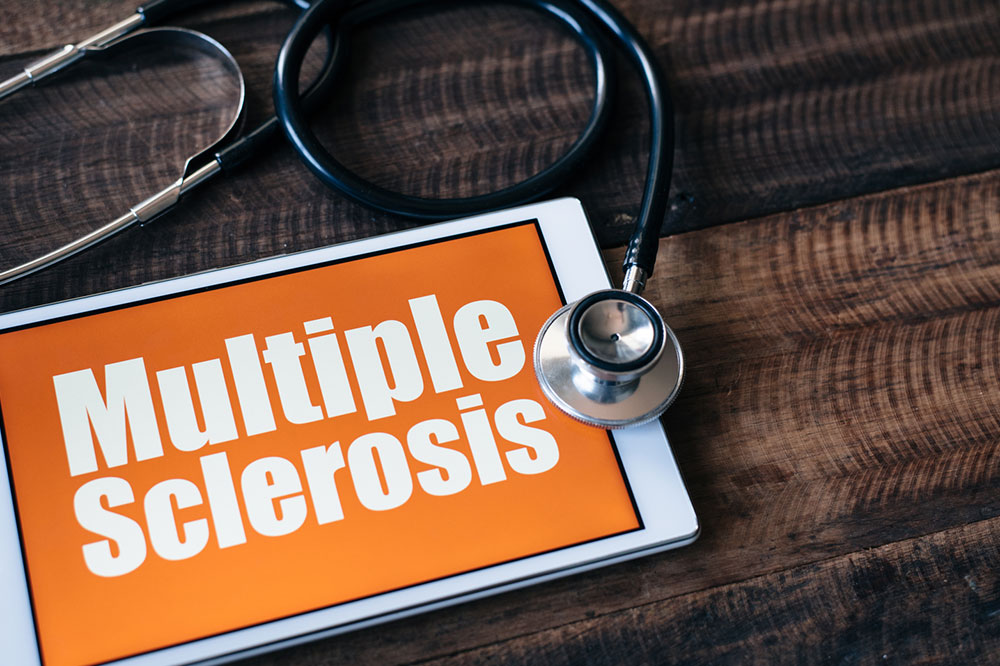Diet Tips for Managing Multiple Sclerosis: Foods to Embrace and Avoid
This article provides essential dietary guidelines for managing multiple sclerosis, highlighting beneficial foods like turmeric, ginger, and vitamin D-rich options, as well as foods to avoid such as saturated fats, sugars, and specific proteins. It emphasizes the importance of diet alongside medical treatments like OCREVUS® to help control symptoms and slow disease progression.

Diet Tips for Managing Multiple Sclerosis: Foods to Embrace and Avoid
Multiple sclerosis (MS) is an autoimmune disorder characterized by inflammation in the central nervous system. The immune system targets the brain, spinal cord, and nerves, damaging the protective myelin sheath. While medical treatments exist to control symptoms, dietary choices can play a significant role in managing the condition. Consuming certain anti-inflammatory foods and avoiding triggering items can help reduce symptoms and slow disease progression.
Foods to Incorporate
Turmeric
Turmeric contains curcumin, a potent anti-inflammatory and antioxidant compound that modulates immune responses, helping to prevent autoimmune attacks. Including turmeric in your diet may lower inflammation, alleviate MS symptoms, and potentially slow disease progression.
Ginger
Ginger has 10-gingerol, an anti-inflammatory agent that modulates B cell immune responses. Regular intake can help manage MS symptoms by reducing nerve and muscle inflammation, which often leads to stiffness and pain.
Vitamin D-rich foods such as eggs
Foods like fortified orange juice, mushrooms, salmon, tuna, eggs, and cereals are high in vitamin D. This vitamin acts as a hormone that diminishes inflammation in the CNS. Studies indicate that higher vitamin D intake can decrease relapse rates in MS patients.
Foods to Limit or Avoid
Saturated fats
High-fat dairy products, marbled meats, butter, and cheese contain saturated fats that may increase cardiovascular risks and exacerbate MS symptoms. Increased inflammation from these foods can stimulate immune responses, worsening the condition.
Added sugars
Baked goods, pastries, candies, and sugary drinks lack essential nutrients and can promote inflammation. Excess sugar intake can also lead to fat deposits that aggravate MS symptoms.
Milk
The protein in milk mimics a component of the myelin sheath, leading the immune system to attack the nervous system, which can intensify MS symptoms.
Medical treatments like OCREVUS®
Medications such as OCREVUS® (Ocrelizumab) are commonly prescribed to reduce relapses and slow progression. This infusion therapy can be administered up to three times annually, depending on severity. Other options include Avonex®, Betaseron®, Aubagio®, and Gilenya®.










